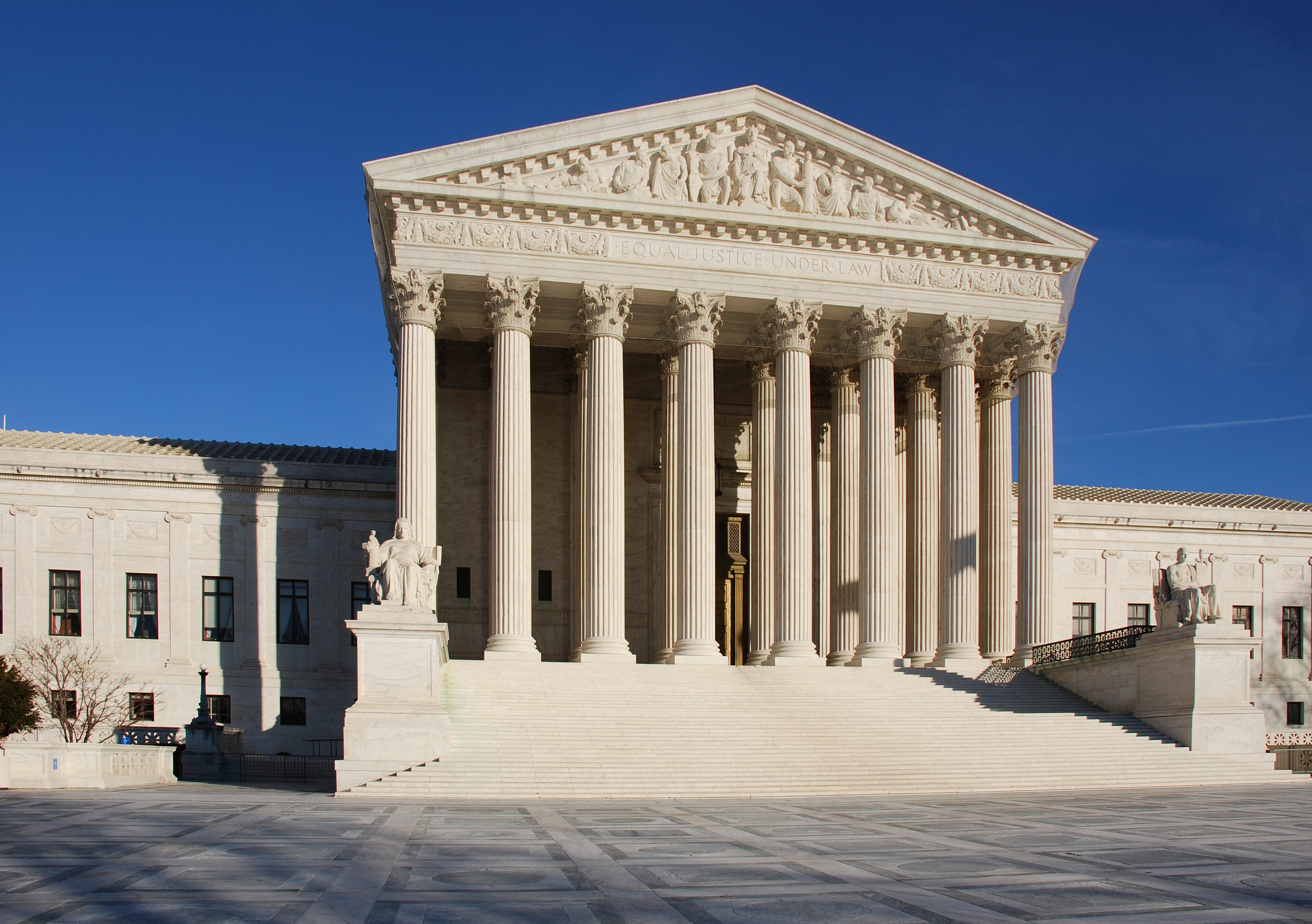WASHINGTON – The future of privacy in the digital age – at least when it comes to your hand-held device – could soon be decided by a deliberative body that doesn’t even allow cameras in its courtroom. The Supreme Court heard arguments this week that will decide whether the Fourth Amendment protection against unreasonable search and seizure applies to your cell phone.
For some time, police have been allowed to search for weapons or evidence on a person when making an arrest, without violating the Fourth Amendment’s provisions on search and seizure. But the digital contents of a phone – including contacts, photos and more – are in something of a gray area.
The two cases before the court, Riley v. California and United States v. Wurie, both focus on the changing role of technology in everyday life.
“Our rule has been that if you carry it on your person, you ought to know it is subject to seizure and examination,” Justice Antonin Scalia said during oral arguments Tuesday on Riley v. California.
But civil liberties advocates say cell phones deserve special consideration because of the sheer volume of information they contain. Many smartphones contain not only hundreds of messages, contacts and photos, but also banking records, GPS data and even medical information.
“People carry their entire lives on cell phones. That’s not a marginal case. That’s the world we live in, isn’t it?” asked Justice Sonia Sotomayor.
Attorney Jeffrey Fisher, representing the plaintiff, argued that a cell phone contains so much private data it is not unlike searching a suspect’s house, which requires a warrant under the Fourth Amendment.
“It has always been the case that an occasion of an arrest did not give the police officers authority to search through the private papers and the drawers and bureaus and cabinets of somebody’s house,” Fisher said. “That protection should not evaporate more than 200 years after the founding because we have the technological development of smartphones that have resulted in people carrying that information in their pockets.”
When police in San Diego stopped David Riley for an expired license plate in 2009 and a search of his car turned up weapons, officers also searched his phone and found contacts and photos that police used to connect him to a street gang. He was convicted of attempted murder and sentenced to 15 years to life.
Prosecutors contend that it is precisely the ubiquity of cell phones that necessitates a search, because it is difficult for criminals to commit a crime these days without leaving some trace on a digital trail.
“They contain a great deal of evidence, and most critically, they are subject to destruction in a way that ordinary physical items are not,” said deputy solicitor general Michael Dreeben, arguing for the federal government, which joined on California’s side in the case. Dreeben’s concern was primarily with the ability to remotely wipe a smartphone of all data, rendering it useless to law enforcement.
Justices seemed cautious in forming rules for a constantly-changing technological world. Justice Samuel Alito pointed out that the pace of change, and the unpredictability of technological advances, makes it hard to craft specific rules. The amount of information contained in phones makes it difficult to compare to any analog device.
“A person could have had a diary that records every place the person has ever gone in the last year, it’s theoretically possible,” said Alito. But while that was rare in the past, smartphones have made it commonplace. “You have a rule of law that was established in the pre-digital era and now you have to apply it in the digital era, or you’re asked to apply it in the digital era where the technology changes a lot of things.”
A decision in the case is not expected until late June.

